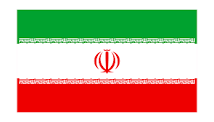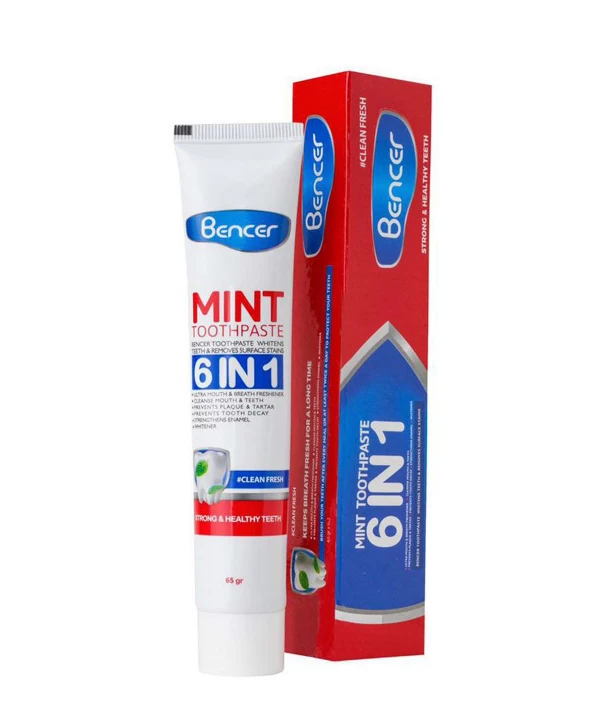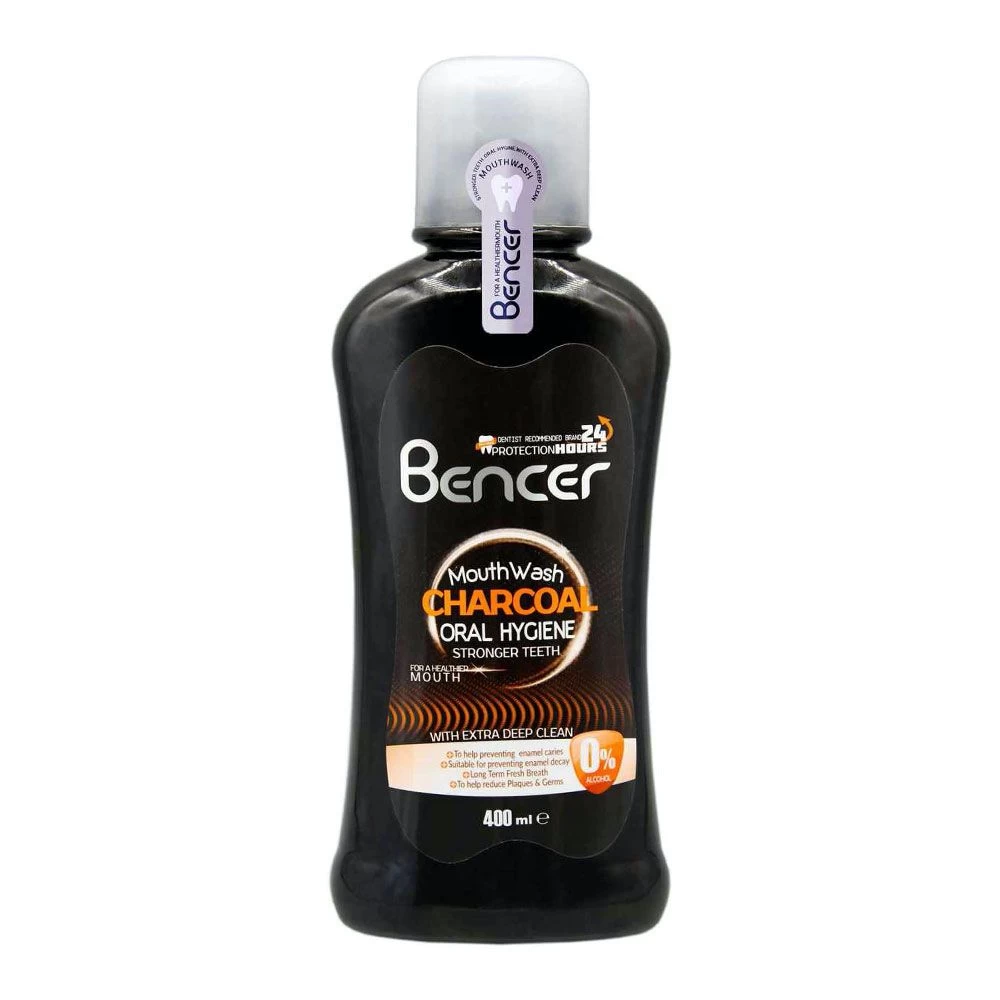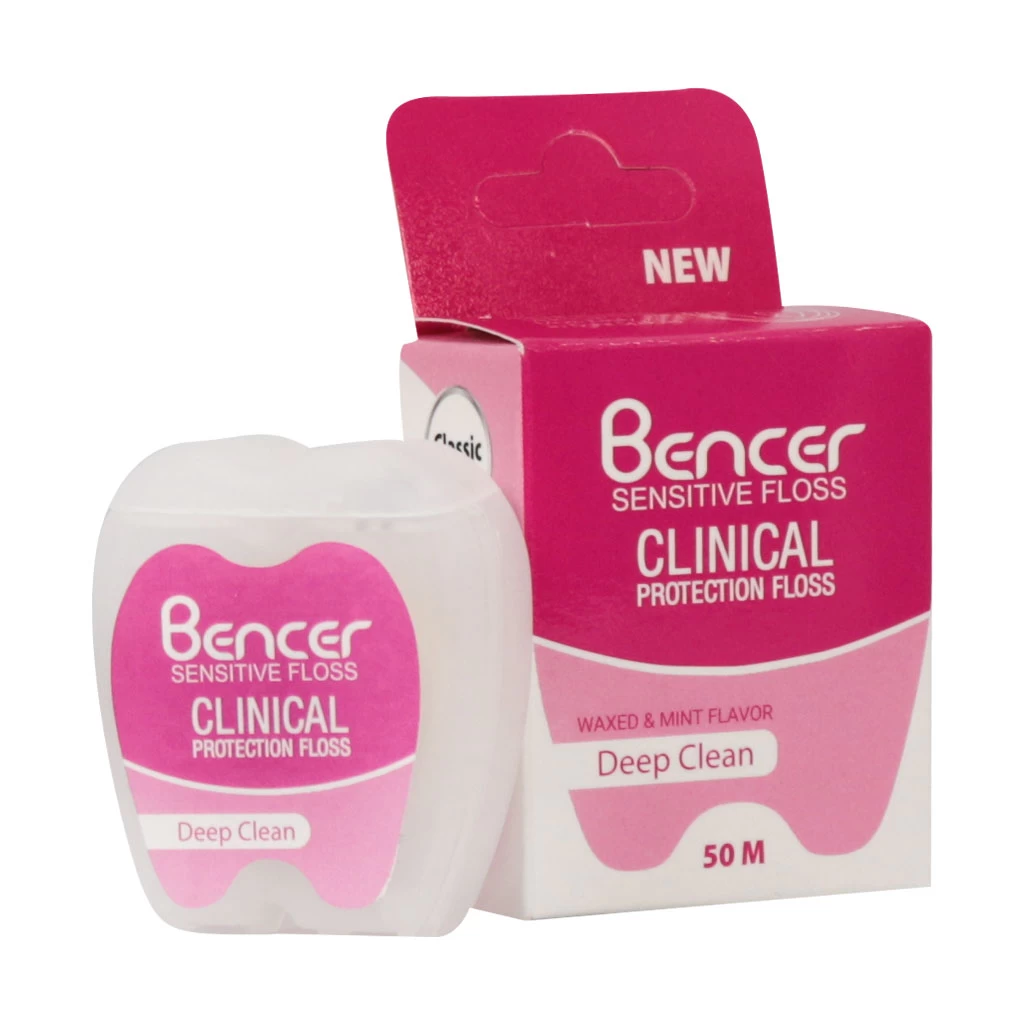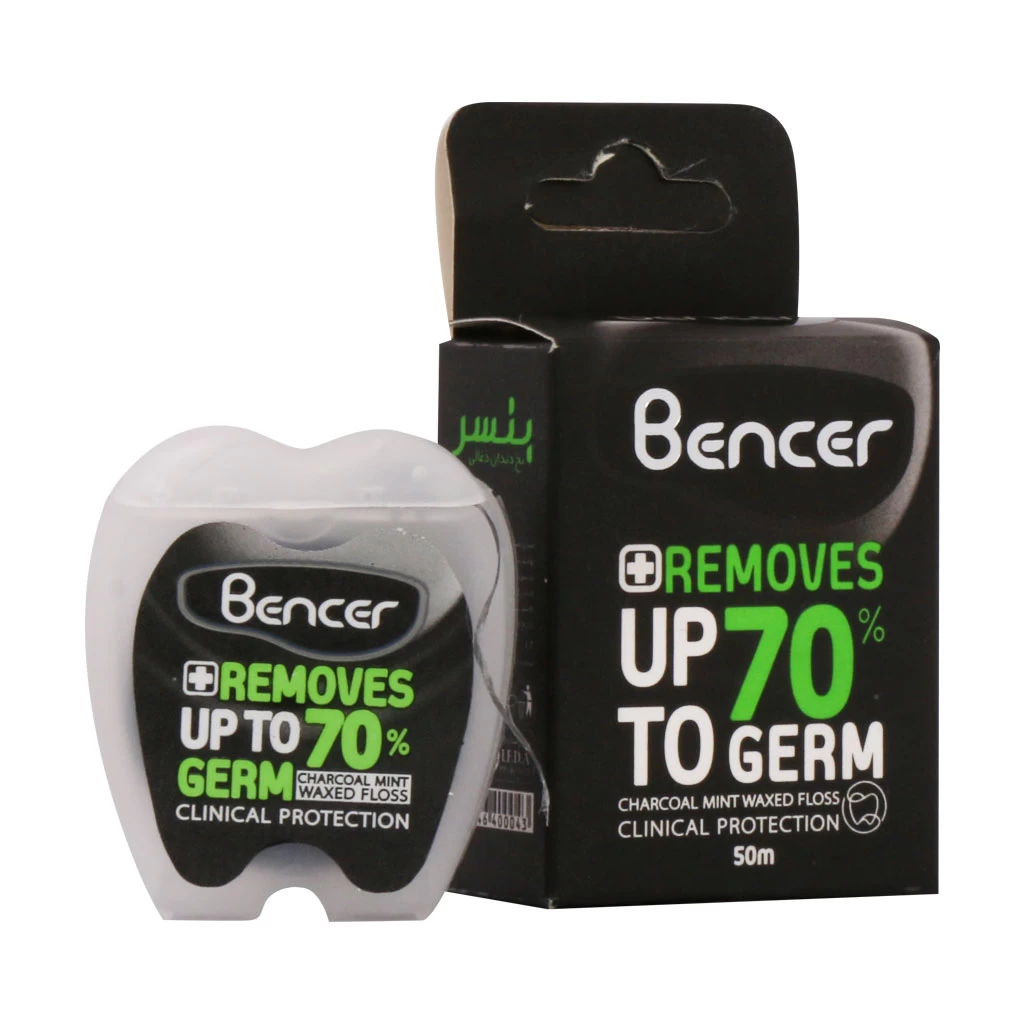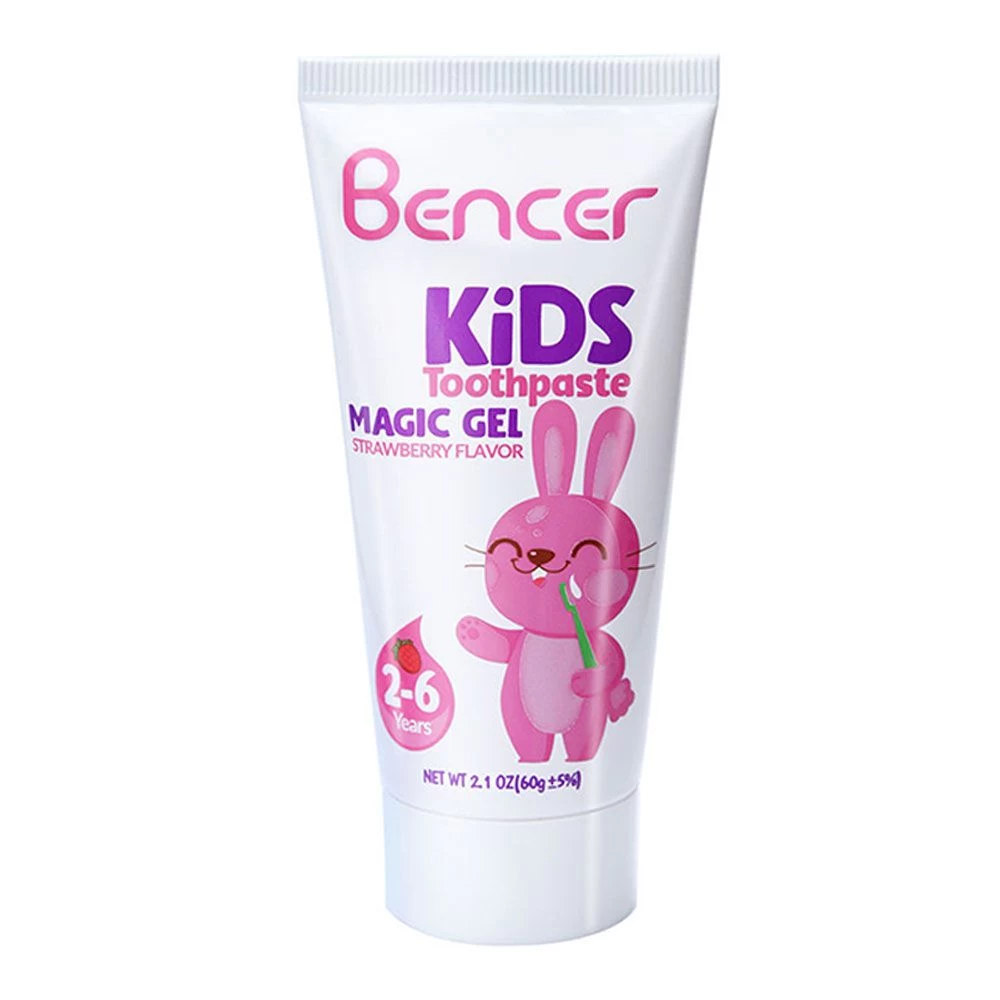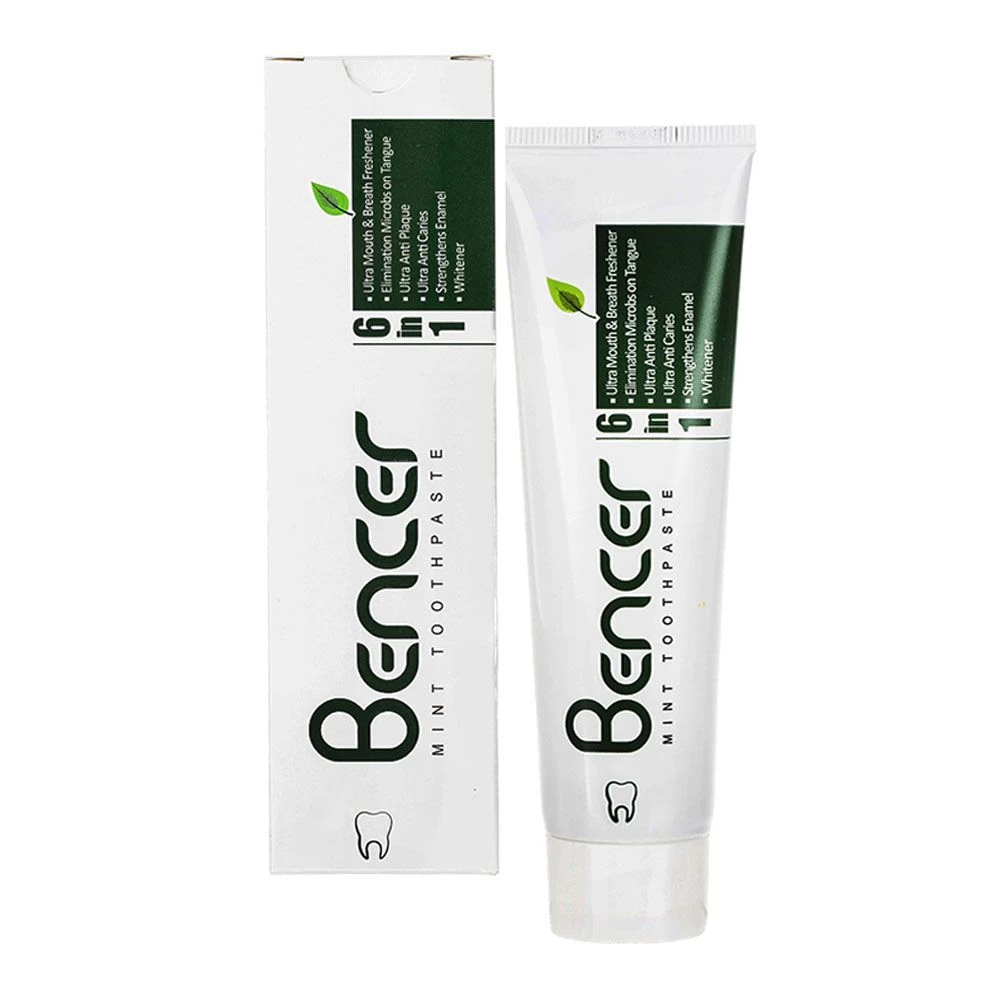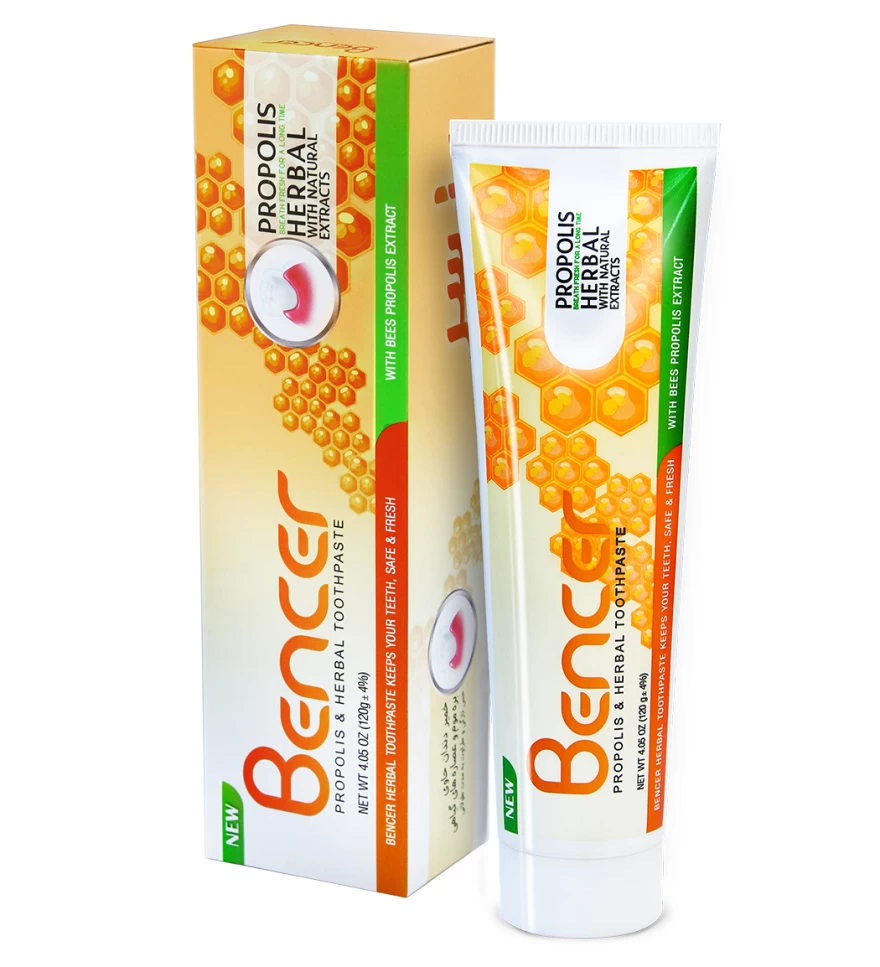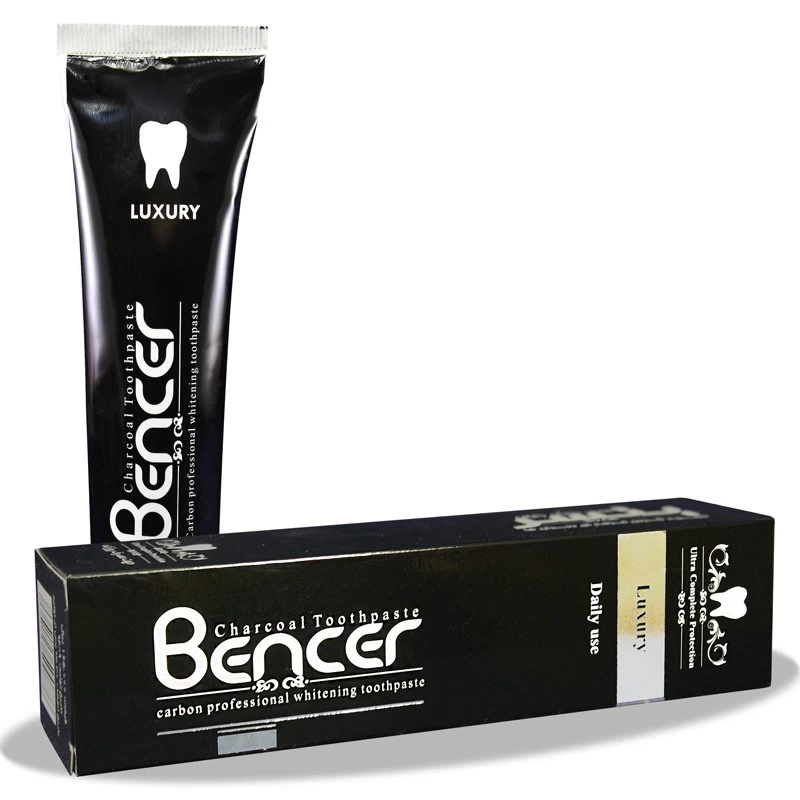Alfadent natural hypoallergenic mouthwash contains potassium ions and is specially formulated for sensitive teeth.
Is. so that it helps to protect the sensitive areas of the teeth immediately after use. Also the natural combination of anti
The microbial alphapinene in this mouthwash has a great effect in preventing bacterial infection and gum inflammation (gingivitis).
Active ingredients: alphapinene, sodium fluoride, potassium citrate
It not only freshens your breath but also works to kill the bacteria that causes it. Mouthwash can also dislodge food particles that get stuck in your teeth after you eat, as well. Mouthwash contains hydrogen peroxide, which works toward teeth whitening.
Mouthwash, has multiple uses, but its primary purpose is to rinse to kill 99.9% of germs that cause bad breath, plaque, and gingivitis after brushing and flossing.
Is mouthwash safe to use? Mouthwashes are cleared by the U.S. Food and Drug Administration, endorsed by the American Dental Association and, in general, safe to use. But keep in mind that they are used for prevention of oral health issues and will not treat those issues.
Some mouthwashes contain harsh ingredients that can be harmful if used too frequently. Excessive use of alcohol-containing mouthwash can lead to dryness in the mouth and an increased risk of cavities. Ultimately, if you are using mouthwash less than 2 times per day, you should be ok.
Mouthwashes (also called mouth rinses/mouthrinses, oral rinses or oral washes) are liquid, aqueous compositions mainly intended to prevent, relieve and cure oral conditions and maintain oral health (such as: dental caries, dental erosion, halitosis, gingivitis, periodontitis, mucositis, to reduce the oral microbiota,
the decision to rinse after using mouthwash depends on the type of mouthwash you're using. For fluoride-containing mouthwashes, it's best to wait at least 30 minutes before rinsing. Drinking water immediately after mouthwash, especially fluoride mouthwash, is not recommended.
While not a replacement for daily brushing and flossing, use of mouthrinse (also called mouthwash) may be a helpful addition to the daily oral hygiene routine for some people. Like interdental cleaners, mouthrinse offers the benefit of reaching areas not easily accessed by a toothbrush.
 +7929688-88-14
+7929688-88-14

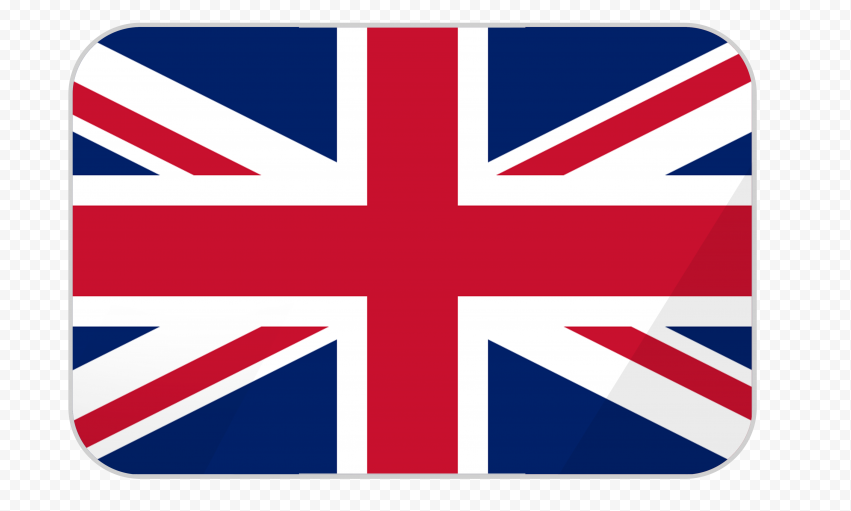 English
English
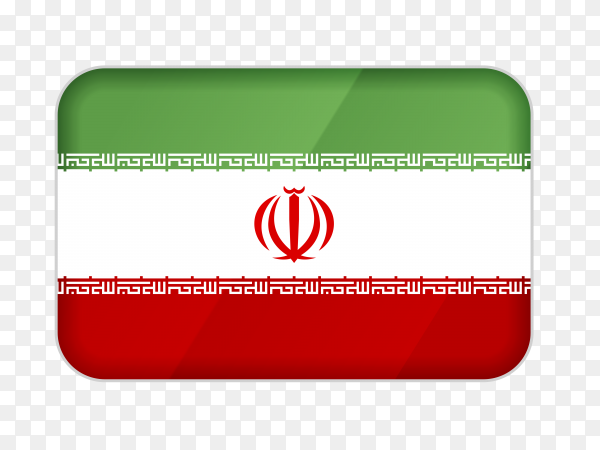 Persian
Persian
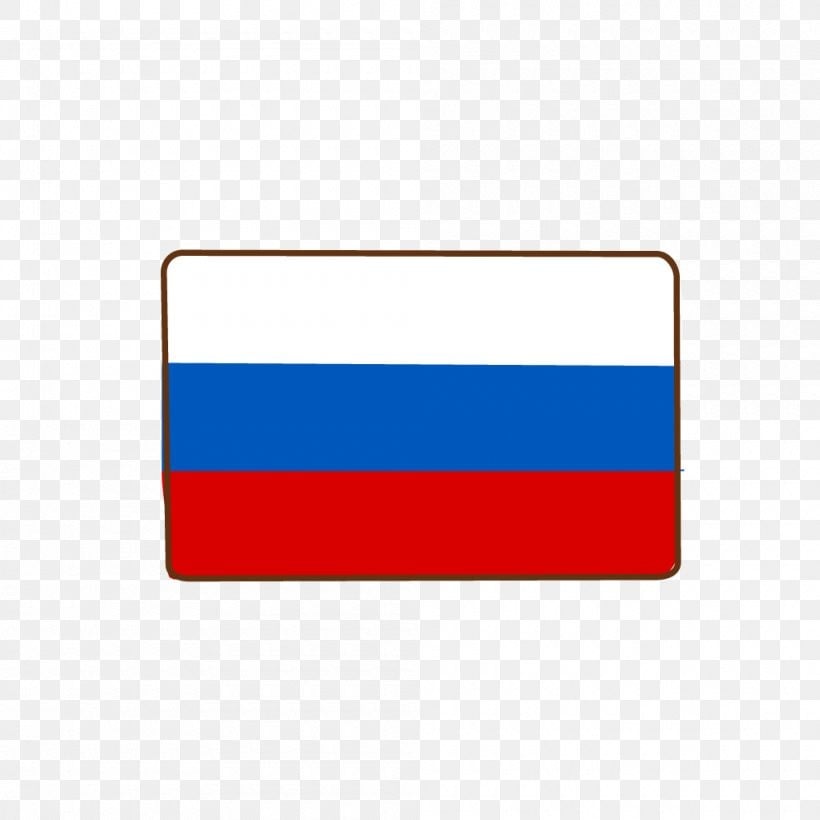 Russian
Russian
 Chinese
Chinese


 +7929688-88-14
+7929688-88-14

 Oral Hygiene
Oral Hygiene
